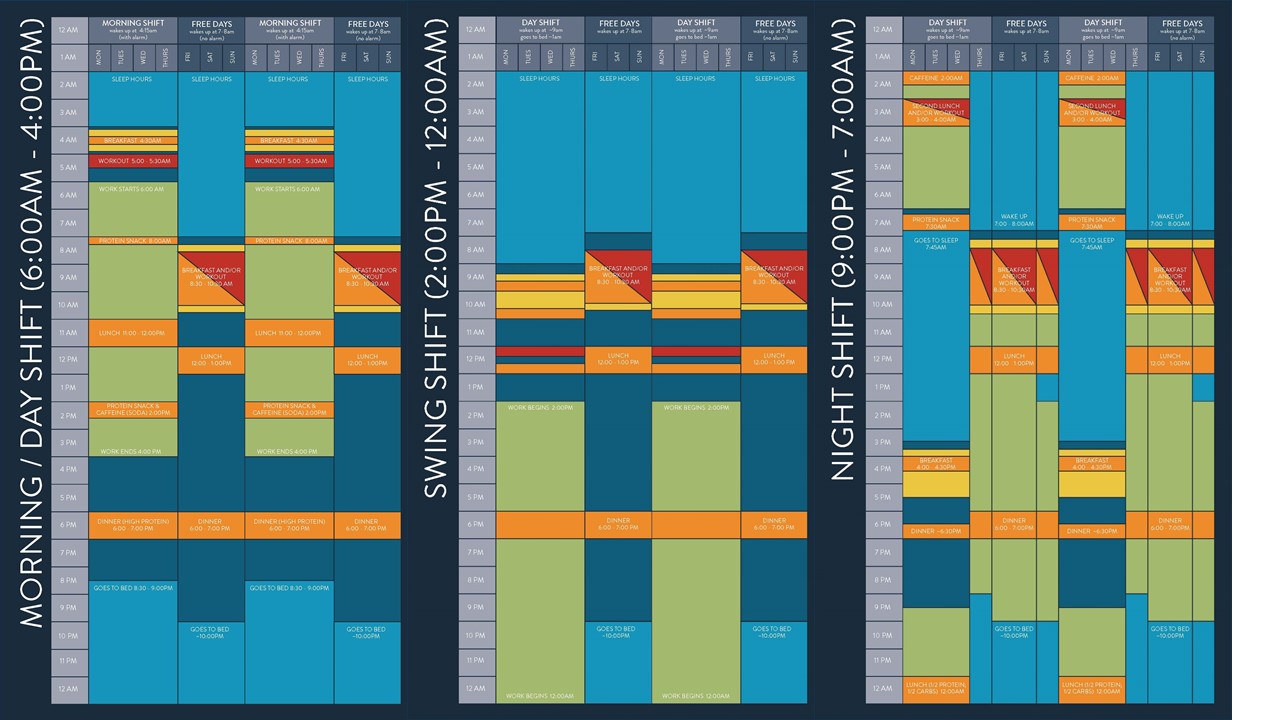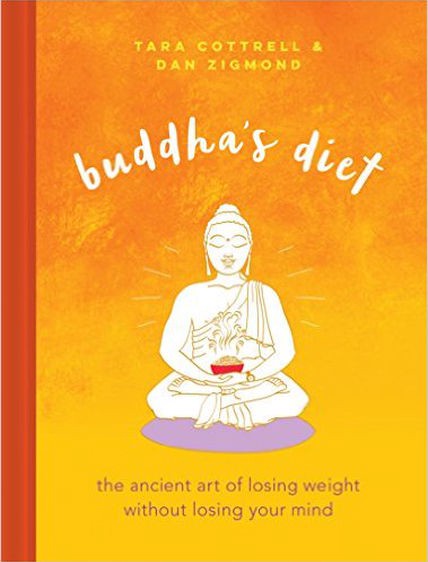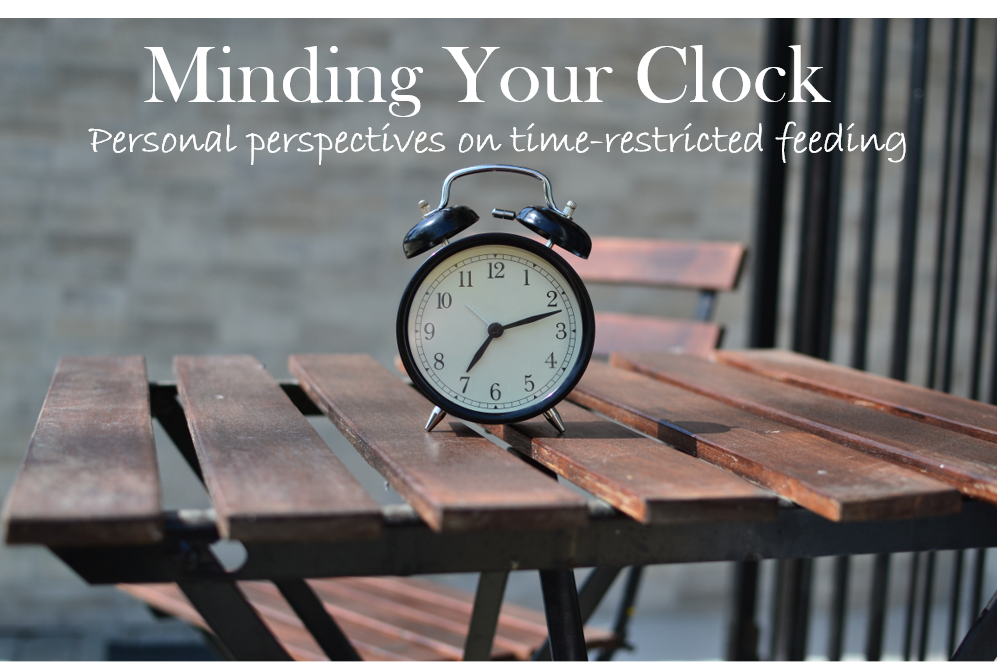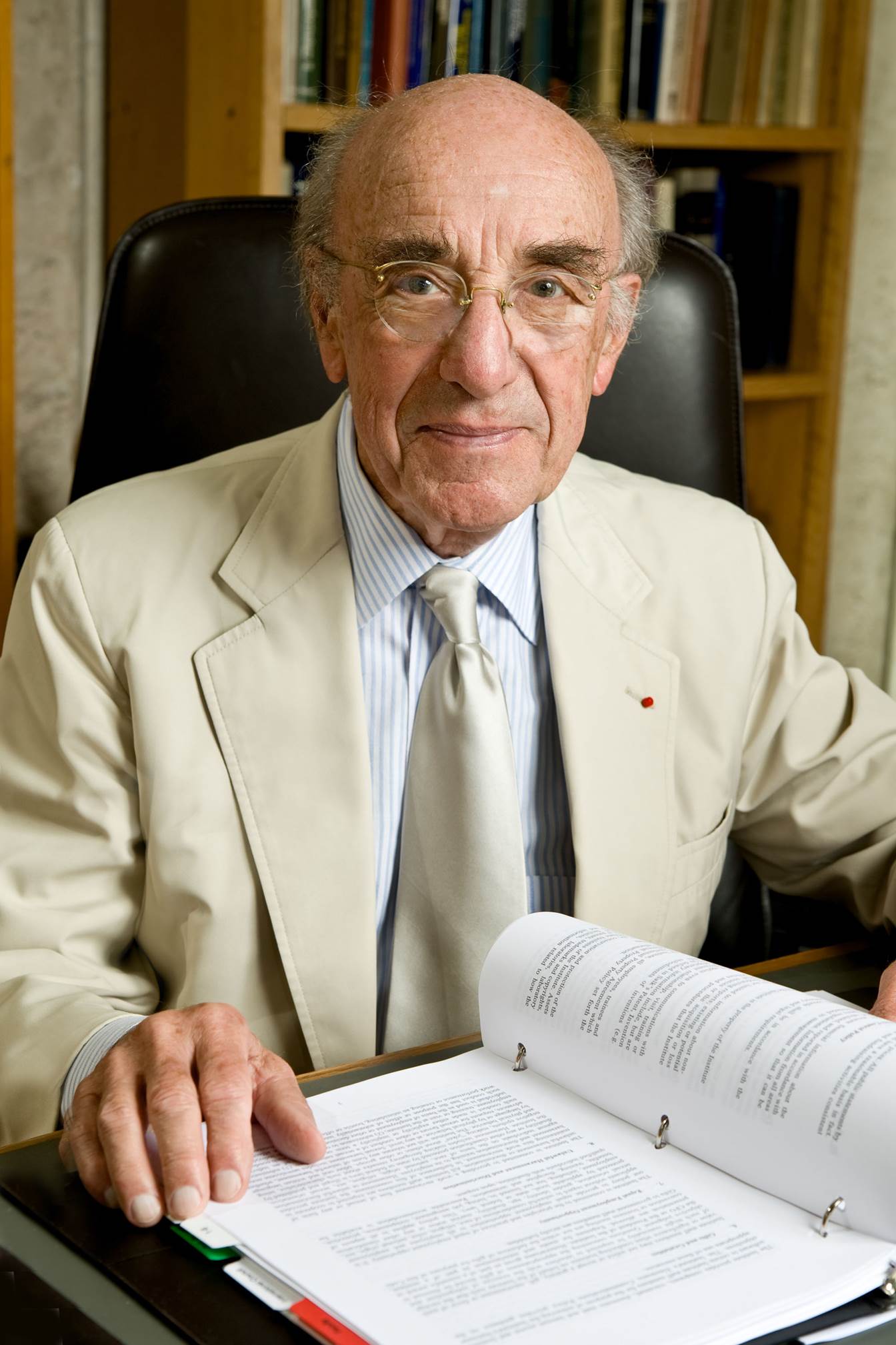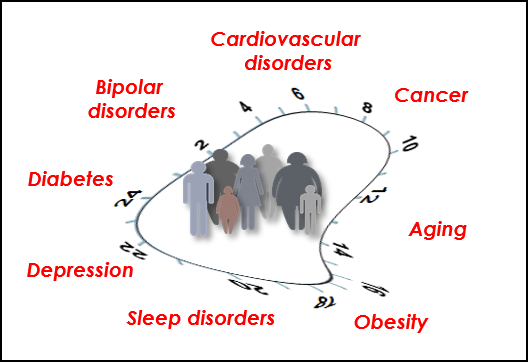(LA JOLLA) – As part of our project to better understand healthy lifestyles in our society, we will be interviewing a wide variety of people that are living healthy lives. I am honored to have, as our first interviewee, Dr. Roger Guillemin, MD, Ph.D., a Nobel-laureate in endocrinology, artist, husband, father of six, grandfather, and still active 92 years old. In the interview, we talked about his life, his family, and his daily lifestyle (when, what, and how much he eats, sleeps, and moves). In order to understand his lifestyle, first, you’ll need to know more about his life.
